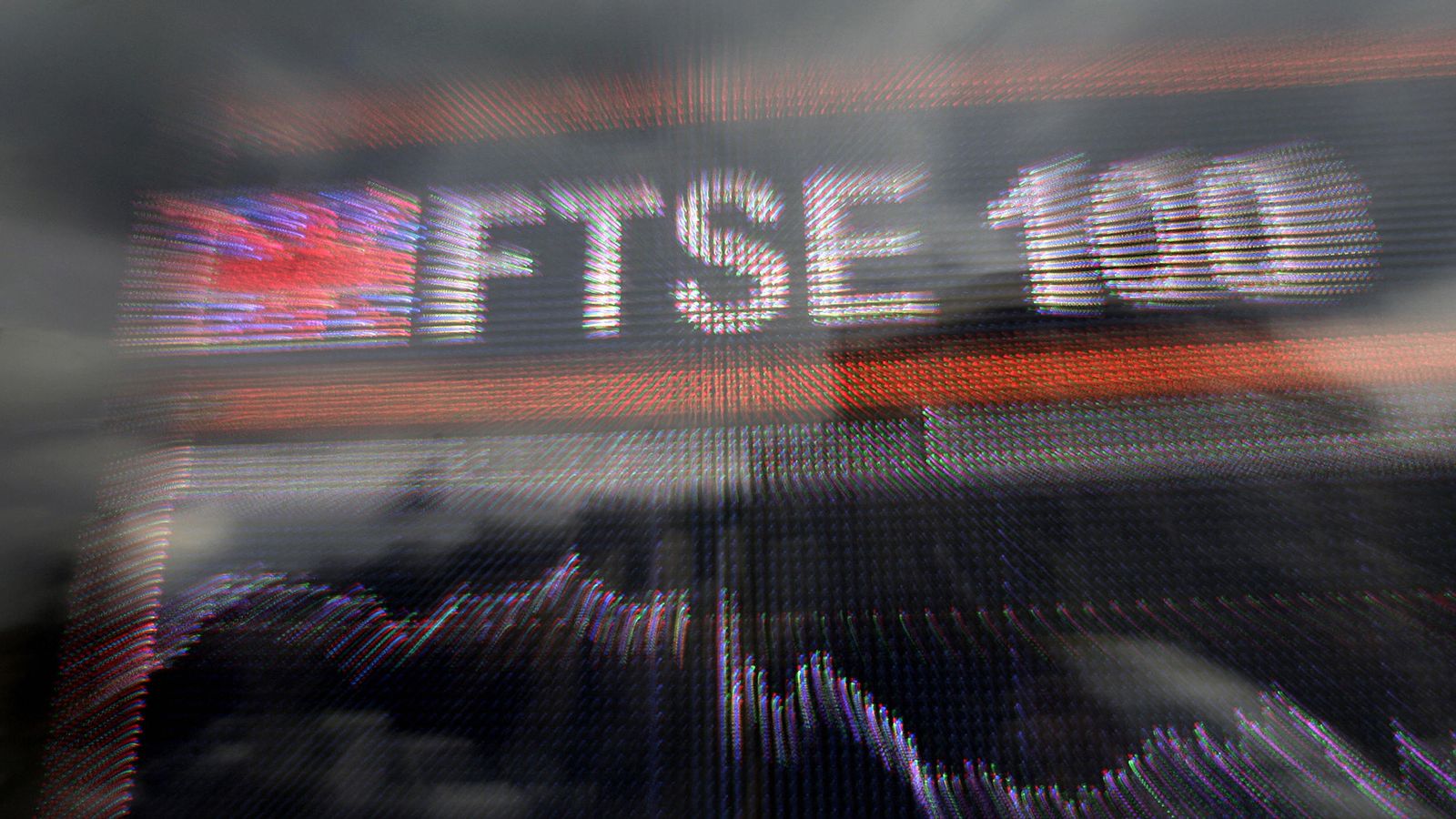Call for reforms as median FTSE 100 chief executive pay topped £3.91m in 2022

Bosses of some of the UK’s biggest companies had their pay increased to 118 times the median wage of a full time UK worker, up from 108 times the average rate a year earlier.
Median pay for chief executives of FTSE 100 share index companies grew to £3.91m in 2022, the highest level since 2007.
The median pay – the mid point between the lowest and highest pay – increased from £3.38m in 2021.
Pay grew 16% from 2021 levels to 2022, the most recent time period with full information available, for chief executives of the Financial Times Stock Exchange index of the 100 most valuable companies.
For comparison, official figures showed the average worker’s pay, including bonuses, rose 5.7% in the final three months of 2022 from a year earlier.
Read more
FTSE 100 hits 8,000 points mark for first time
Private sector wage growth surpasses inflation despite unexpected unemployment rise
Data from FTSE 350 companies showed £1.33bn was spent on the pay of 570 executives.
The figures were collated by the High Pay Centre think tank. Information was taken from disclosures of chief executives’ total pay, listed in companies’ 2022 annual reports. For companies who do not report in sterling, the amount was converted into pounds using the exchange rate cited by HMRC close to the company’s year end.
The think tank research also showed there were eight female FTSE 100 chief executive in 2022, down one from nine in 2021.
Advertisement
According to the analysis, the highest paid chief executive was Pascal Soriot, at the helm of AstraZeneca who received £15.32m in 2022.
He was followed by:
• Charles Woodburn of weapons maker BAE Systems on £10.69m.
• Albert Manifold of building materials firm CRH £10.38m.
• Bernard Looney of oil and gas producer BP on £10.03m.
• Brian Cassin of consumer credit reporting and analytics firm Experian on £9.94m.
The High Pay Centre called for reforms to corporate pay setting rules.
Companies should be required to have at least two elected workforce representatives on the remuneration committees that set pay and should give more detail on pay for top earners beyond the executives, the think tank said.
Detail on low earners including indirectly employed workers, should also be given, enabling more informed pay negotiations and a clearer debate about pay inequality, the group added.
“How major employers distribute the wealth that their workforce creates has a big impact on people’s living standards,” said the High Pay Centre director, Luke Hildyard.
“We need to give workers more voice on company boards, strengthen trade union rights and enable low- and middle- income earners to get a fairer share in relation to those at the top.”